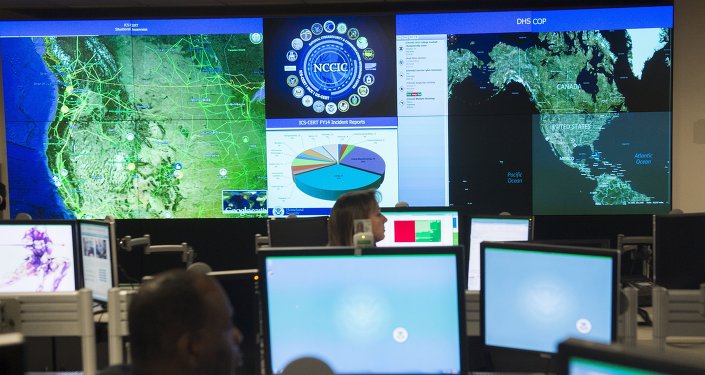-
Tips for becoming a good boxer - November 6, 2020
-
7 expert tips for making your hens night a memorable one - November 6, 2020
-
5 reasons to host your Christmas party on a cruise boat - November 6, 2020
-
What to do when you’re charged with a crime - November 6, 2020
-
Should you get one or multiple dogs? Here’s all you need to know - November 3, 2020
-
A Guide: How to Build Your Very Own Magic Mirror - February 14, 2019
-
Our Top Inspirational Baseball Stars - November 24, 2018
-
Five Tech Tools That Will Help You Turn Your Blog into a Business - November 24, 2018
-
How to Indulge on Vacation without Expanding Your Waist - November 9, 2018
-
5 Strategies for Businesses to Appeal to Today’s Increasingly Mobile-Crazed Customers - November 9, 2018
Thai government websites offline in suspected DDoS attack
Last week, Thai media carried reports about government plans to regulate user access to the Internet by creating a single gateway that could be controlled by the authorities.
Advertisement
The Pheu Thai Party has declared its opposition to the single internet gateway being considered by the government, saying it would do more harm than good.
Websites like the government’s thaigov.go.th, the Information and Communications Technology Ministry’s site mict.go.th and the Defense Ministry’s website mod.go.th were brought down using the DDOS attack, according to the Bangkok Post.
Information and Communication Technology Minister Uttama Savanayana, a major proponent of the plan, has suggested that having a sole gateway under the control of state-owned telecommunication companies CAT Telecom and TOT would make service more efficient than the present system, which also includes eight private-sector gateway operators.
“There were several other government websites which faced similar problems”, he said, adding access to the sites had been restored by Thursday morning.
After a large number of dissenters intentionally flocked to the websites of many state agencies in a bid to cause their servers to crash, Pol Lt Gen Prawut called on those individuals to stop their action, warning that police could identify who they were and they could be subjected to punishments under the Computer Crime Act.
A minister stopped short of describing the incident as a cyberattack but said that it was triggered by those opposed to the proposal, dubbed by a few online as the “Great Firewall of Thailand” – a play on China’s draconian Internet censorship program.
The simultaneous denial-of-service attack works like normal attacks by over-exceeding a website’s capacity to handle internet traffic.
After the secret plan was accidentally disclosed by a government press release, authorities sent out Deputy Prime Minister Prajin Junthong to try to spin the plan.
Critics of the plan idea contend it will take away freedom of information, with a few even comparing it to the tightened grip of a communist country.
Advertisement
Read original story here.




























